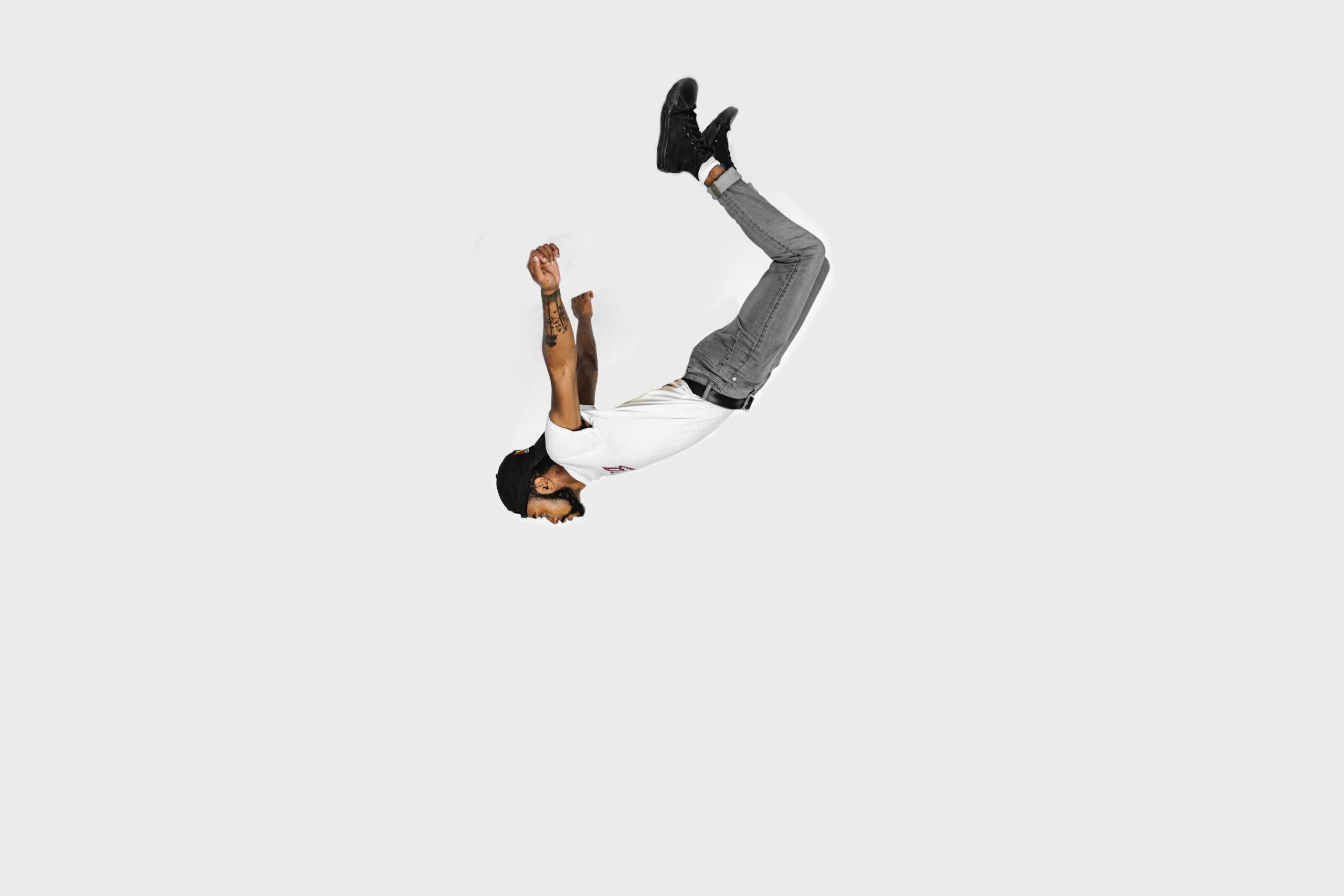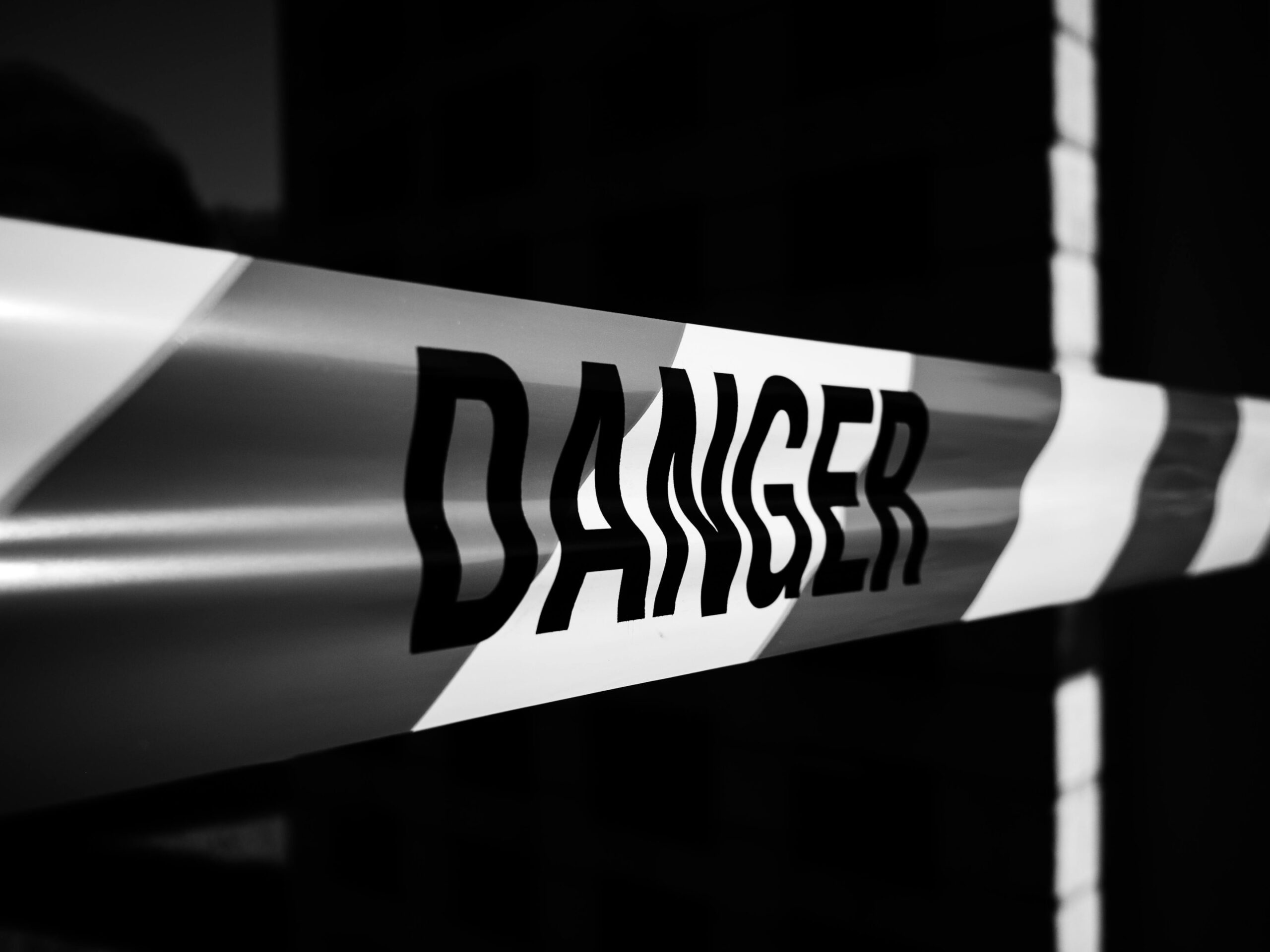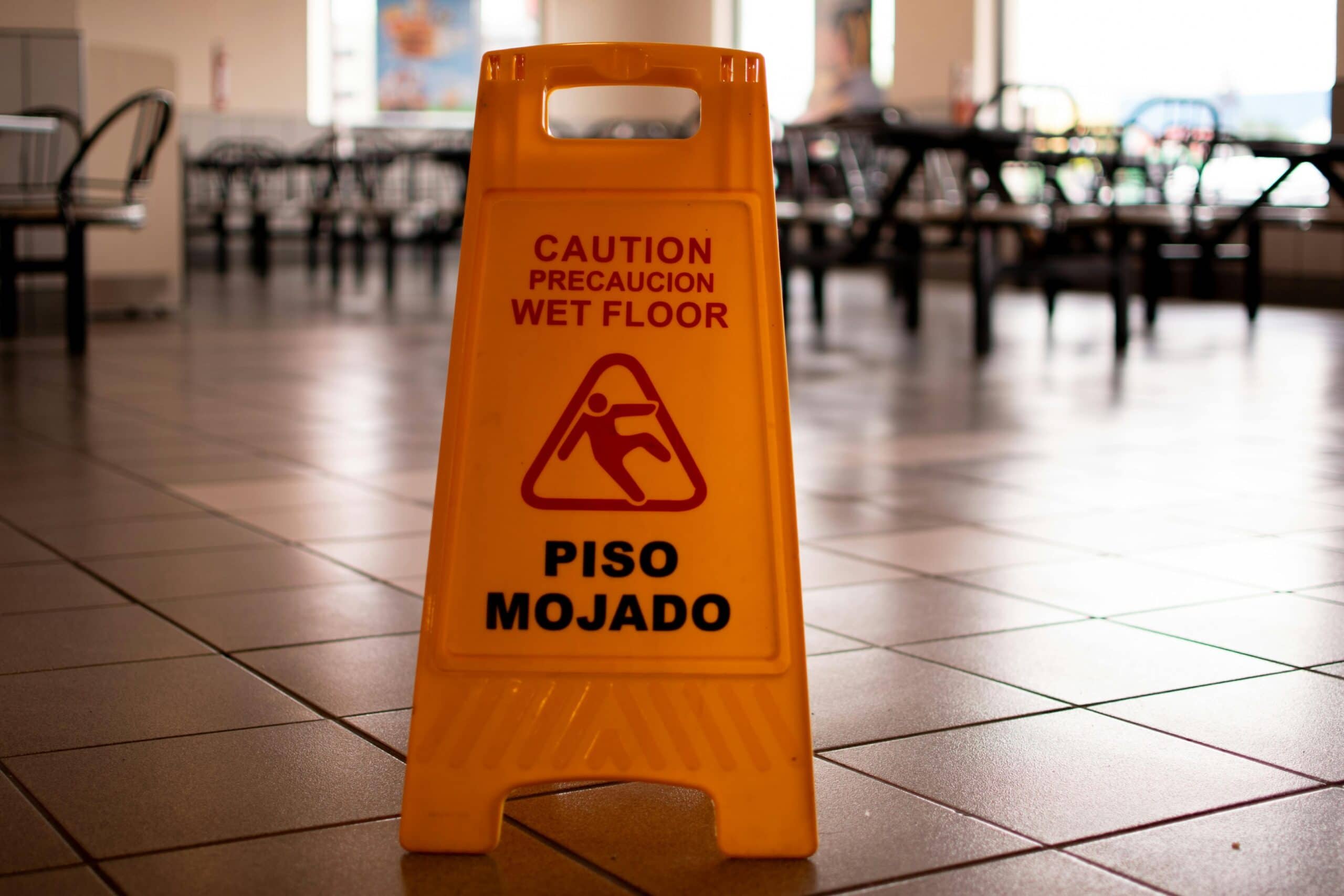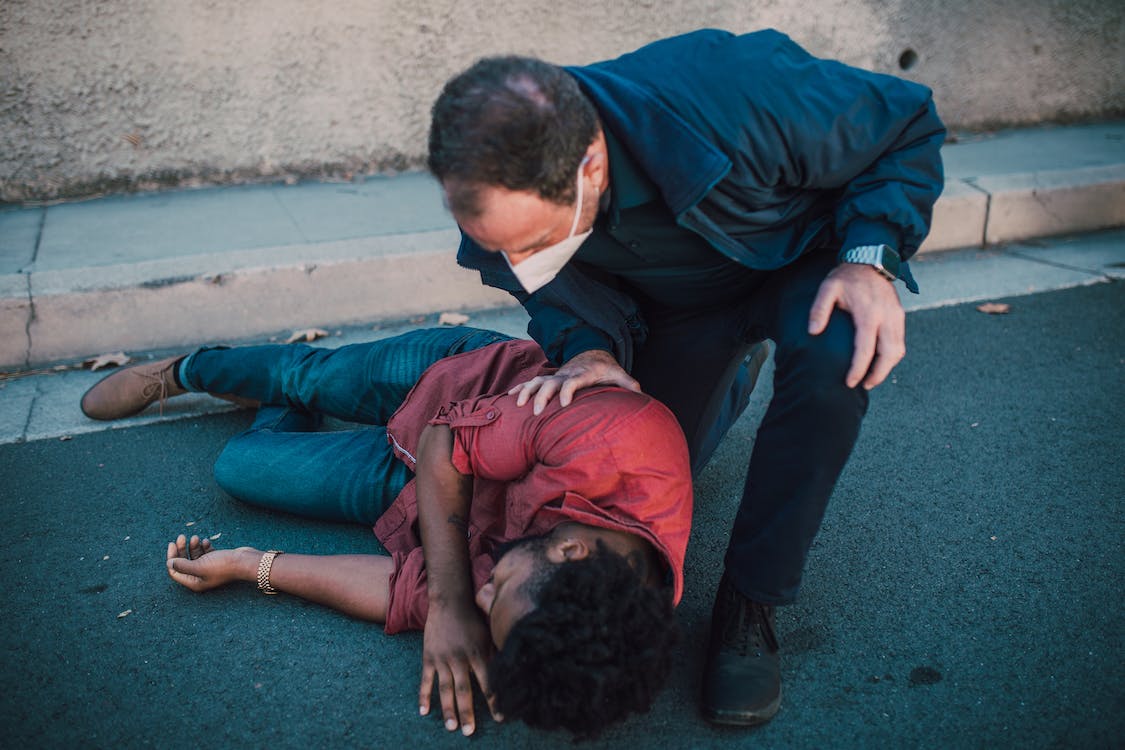Slip and fall incidents are widespread, and while most claims are legitimate, there is a possibility of fraudulent claims. Slip-and-fall fraudulent claims can seriously impact businesses, insurers, and even victims.
This blog will reference understanding and combating slip and fall fraud in Nevada, assisting organizations and people in recognizing red signals and taking proper precautions.
What Exactly Is Slip and Fall Fraud?
Slip and fall fraud refers to purposefully produced or exaggerated situations in which persons falsify or manipulate a slip and fall accident to pursue fraudulent insurance claims or seek unjust financial recompense. False injuries, staged incidents, or purposeful attempts to create dangerous situations are all examples of fraudulent claims.
Slip and Fall Fraud Red Flags
Recognizing possible symptoms of slip and fall fraud is critical for companies and insurers in detecting and preventing fraudulent claims. Some frequent red flags are as follows:
Fraudulent allegations frequently lack reliable witnesses or have just accomplices present during the occurrence.
Fraudsters may present conflicting or imprecise facts about the accident, making it impossible to determine the genuine circumstances.
Delayed reporting: Claims made more than a year after the claimed occurrence arouse skepticism, as actual victims often report incidents as soon as they happen.
Individuals with a track record of questionable or frequent assertions may need clarification or reliability.
Disagreements in surveillance tape: Surveillance footage may disclose variations between the claimed occurrence and the real events, revealing false claims.
Preventing Slip and Fall Fraud
Businesses and insurers may take proactive steps to prevent slip-and-fall fraud by doing the following:
Maintain accurate documentation: Implement detailed incident reporting processes, including collecting witness accounts, pictures, and pertinent incident data.
Install security systems: Cameras strategically placed can assist in monitoring areas prone to slip and fall incidents, giving crucial proof in the event of false claims.
Maintenance and inspections regularly: Implement routine inspections to detect and mitigate any dangers quickly. Regular maintenance and repair show a dedication to safety.
Employee education: Educate personnel on how to spot and report suspected fraudulent claims. Training might involve recognizing red flags, correctly reporting occurrences, and following safety regulations.
Investigative Procedures
When there is suspicion of fraud, it is critical to undertake a comprehensive investigation. The following are important steps:
Gathering evidence entails gathering all necessary paperwork, such as incident reports, pictures, surveillance footage, and witness accounts.
Recruiting professionals: To aid in the process, consult with specialists such as private investigators or legal counsel with fraud investigations experience.
Cooperation with law enforcement: If fraud is proven, work with law enforcement to establish a case and take legal action against the fraudulent party.
Legal Consequences
Slip and fall fraud is a severe violation that can result in legal consequences. If found guilty of insurance fraud or a related felony, fraudsters may face criminal penalties, fines, and imprisonment. They may also be held accountable for any damages caused by their fraudulent activities.
Hire a Slip and Fall Attorney from The Bourassa Law for Expert Guidance
While everyone who’s a party to a slip-and-fall lawsuit requires a lawyer, the victim needs the legal professional the most as they carry the burden of proof.
If you have been injured in a slip and fall accident in Nevada, hire an experienced attorney from The Bourassa Law Group for the best advice and legal representation.
Whether you’re looking for an out-of-court settlement or want to file a court case, our slip-and-fall lawyers in Nevada will help you at every step.
Contact us today for a free case evaluation.





